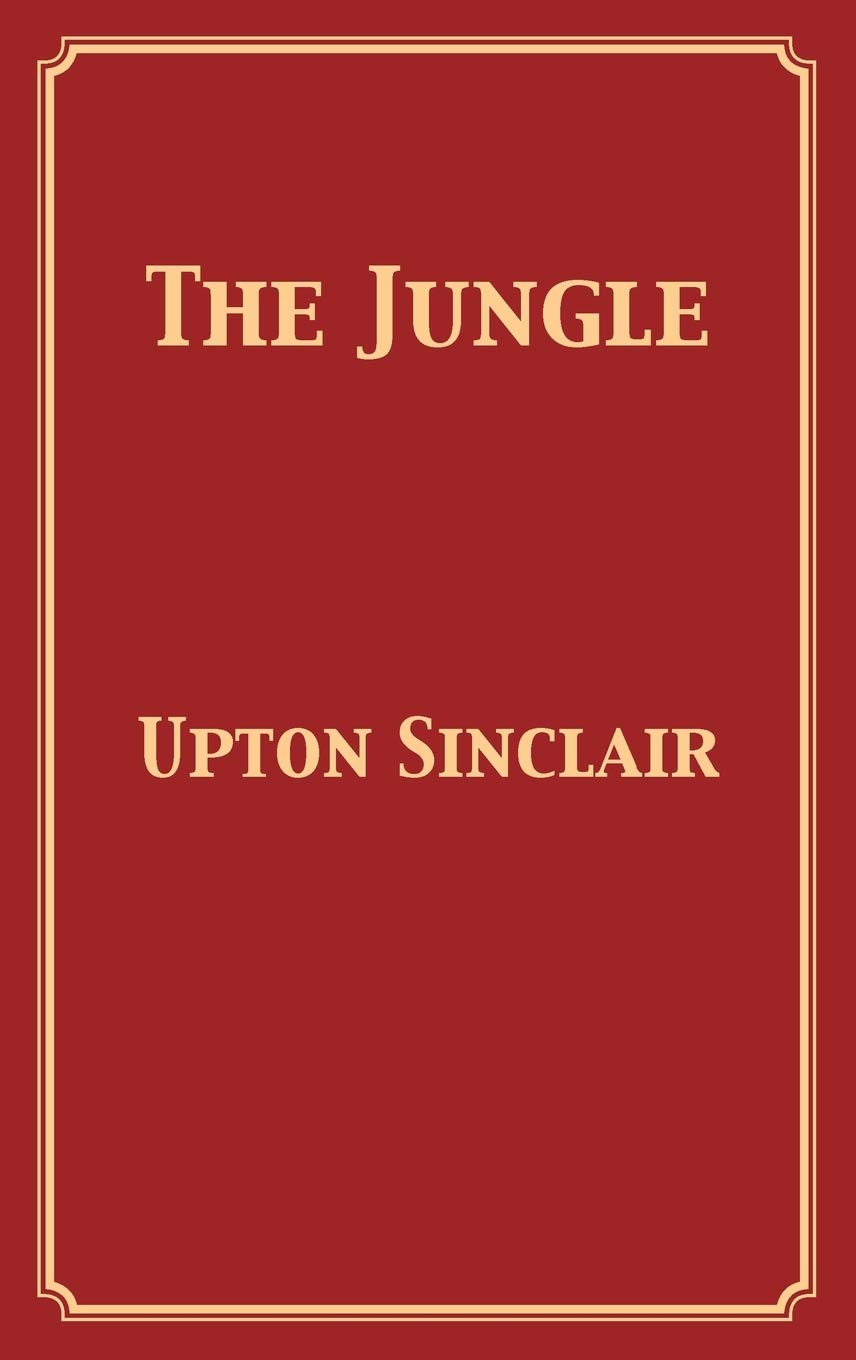Chump Change
The Jungle
The Jungle
Couldn't load pickup availability
An ardent activist, champion of political reform, novelist, and progressive journalist, Upton Sinclair is perhaps best known today for The Jungle -- his devastating exposé of the meat-packing industry.
A protest novel he privately published in 1906, the book was a shocking revelation of intolerable labor practices and unsanitary working conditions in the Chicago stockyards. It quickly became a bestseller, arousing public sentiment and resulting in such federal legislation as the Pure Food and Drug Act.
The brutally grim story of a Slavic family who emigrates to America, The Jungle tells of their rapid and inexorable descent into numbing poverty, moral degradation, and social and economic despair. Vulnerable and isolated, the family of Jurgis Rudkus struggles -- unsuccessfully -- to survive in an urban jungle.
A powerful view of turn-of-the-century poverty, graft, and corruption, this fiercely realistic American classic is still required reading in many history and literature classes. It will continue to haunt readers long after they've finished the last page.
Upton Beall Sinclair, Jr. (September 20, 1878 – November 25, 1968) was an American author who wrote nearly 100 books and other works across a number of genres. Sinclair's work was well-known and popular in the first half of the twentieth century, and he won the Pulitzer Prize for Fiction in 1943.
In 1906, Sinclair acquired particular fame for his classic muckraking novel, The Jungle, which exposed conditions in the U.S. meat packing industry, causing a public uproar that contributed in part to the passage a few months later of the 1906 Pure Food and Drug Act and the Meat Inspection Act. In 1919, he published The Brass Check, a muckraking exposé of American journalism that publicized the issue of yellow journalism and the limitations of the “free press” in the United States. Four years after the publication of The Brass Check, the first code of ethics for journalists was created. Time magazine called him "a man with every gift except humor and silence." He is remembered for writing the famous line: "It is difficult to get a man to understand something when his salary depends upon him not understanding it."
Bio from Wikipedia, the free encyclopedia.
Share




